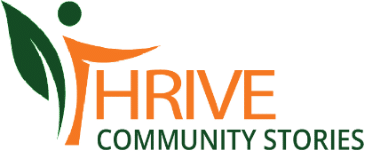Bringing Passion for Inclusivity, Equity, and Equality to Every Aspect of Life
By Laura Canfield
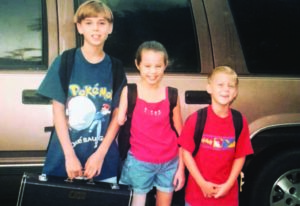
Photo by Christie Harris
Whitney Doyle was born with amniotic band syndrome, which resulted in her having upper- and lower-limb differences on the right side of her body. The second of five children, she studied ballet and karate, played soccer, climbed trees, and actively participated in general roughhousing side by side with her three brothers and sister.
“I did all the things that kids do that make their parents nervous,” she recalled. “And my mom never stopped me because I didn’t have an arm or a leg, but because I was doing things I shouldn’t be doing, like climbing up a slide backwards.”
That adventurous, limitless spirit continues today, as Whitney views life as a series of opportunities to CONQUER challenges and make the world a more accessible, inclusive space.
As a kid, Whitney noticed that people beyond her immediate family sometimes labeled her limb difference as something that distinguished her.
“Disability,” she said, “was never discussed in my house. But sometimes kids on the playground or people in the grocery store behaved awkwardly or asked invasive questions.”
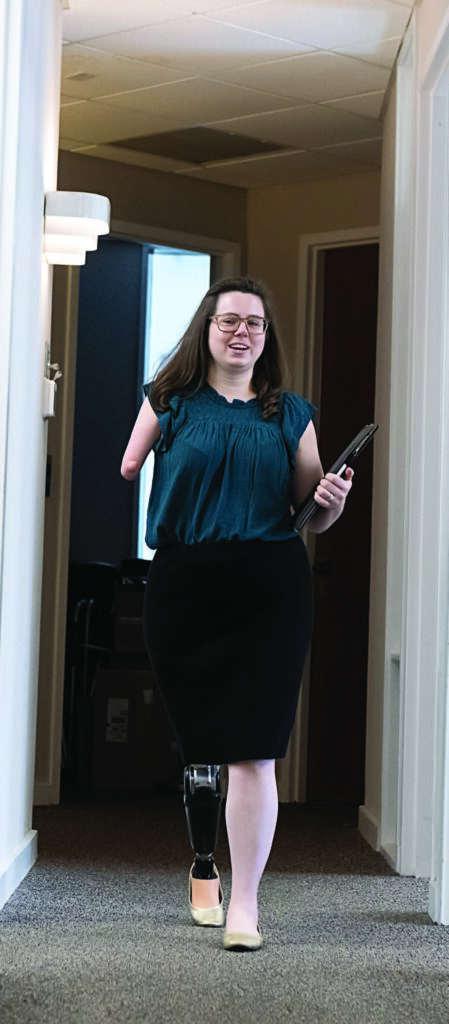
Photo courtesy of Ossur
Those experiences shaped Whitney’s perspective. As she said, “When people see my differences, that’s not my barrier but theirs. I’ve had to come to terms with how we teach curiosity in our children and view disability, and to deal with society’s expectations.”
Today, she chooses a person-first perspective, introducing herself by saying, “I don’t have an arm and a leg.” She also may opt to say “I’m disabled,” which doesn’t identify the nature of her disability and, in her view, provides an even broader, more inclusive perspective.
Before she graduated high school, Whitney attended a Youth Leadership Forum in Florida, where she learned about the disability community and the history behind the U.S. disability civil rights movement, aware she was the only high schooler wearing a prosthesis in attendance. The experience was a seminal one: Even now, she recalls a speaker saying, “Don’t cope, CONQUER.”
In college, Whitney earned her bachelor’s degree in orthotics and prosthetics and trained to become a certified prosthetist. Along the way, socializing with other people with disabilities inspired her to explore working in the broader cross-disability space.
“There are so many conditions, communities, identities,” she says. “And disability as a whole brings in people from all different parts of life. Disability is the largest minority group and the only one that anyone can join. There is no discrimination based on age, race, religion, or geography. It touches every type of human.”
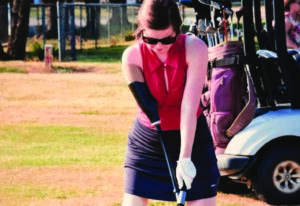
Photo by Christie Harris
Embracing the cross-disability space has enabled Whitney to spend the majority of her career advocating for greater access for others. She worked as the executive director of a Florida-based nonprofit that secured assistive technologies for people who needed them. She also served on the board of the Association of Programs for Rural Independent Living, which is part of the national independent living network.
She advocates strongly for a people-first perspective, noting, “I don’t ask people how they acquired their disabilities because it doesn’t matter to me how they became disabled. We are all so much more.”
She also celebrates the principles of universal design. “If we eliminate barriers and accommodate all people, as in creating more ramps for accessing buildings or providing closed captioning on videos–those actually benefit everyone, whether they have disabilities or not,” she said. “When the world is designed to accommodate all people, it gives us all an equitable life experience.”
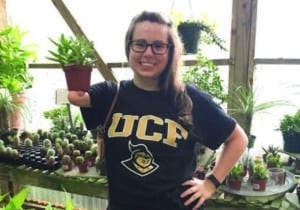
Photo by Christie Harris
Whitney now has the opportunity to bring her perspective to the next level, as the recently appointed director of government relations for the Amputee Coalition.
“I started my professional career thinking I would be a prosthetist, and now I’m getting paid to pursue what I’m truly passionate about doing,” she said. “I have big, lofty goals, to help make the world more accessible for the disability community, to make our lives more accessible and equitable.”
Throughout her journey thus far, Whitney said she has learned who she is, worrying less about conforming to others’ expectations and instead becoming confident in who she is and responding to others in ways that also respect herself.
“It’s so important to stay true to yourself,” she said. “Whether a person who has limb loss, limb difference, or any other disability, it’s so important we stay true to our own passions and identity, and to CONQUER life while remaining ourselves.”
To learn about lead advocate training, visit www.amputee-coalition.org/advocacy-awareness.
